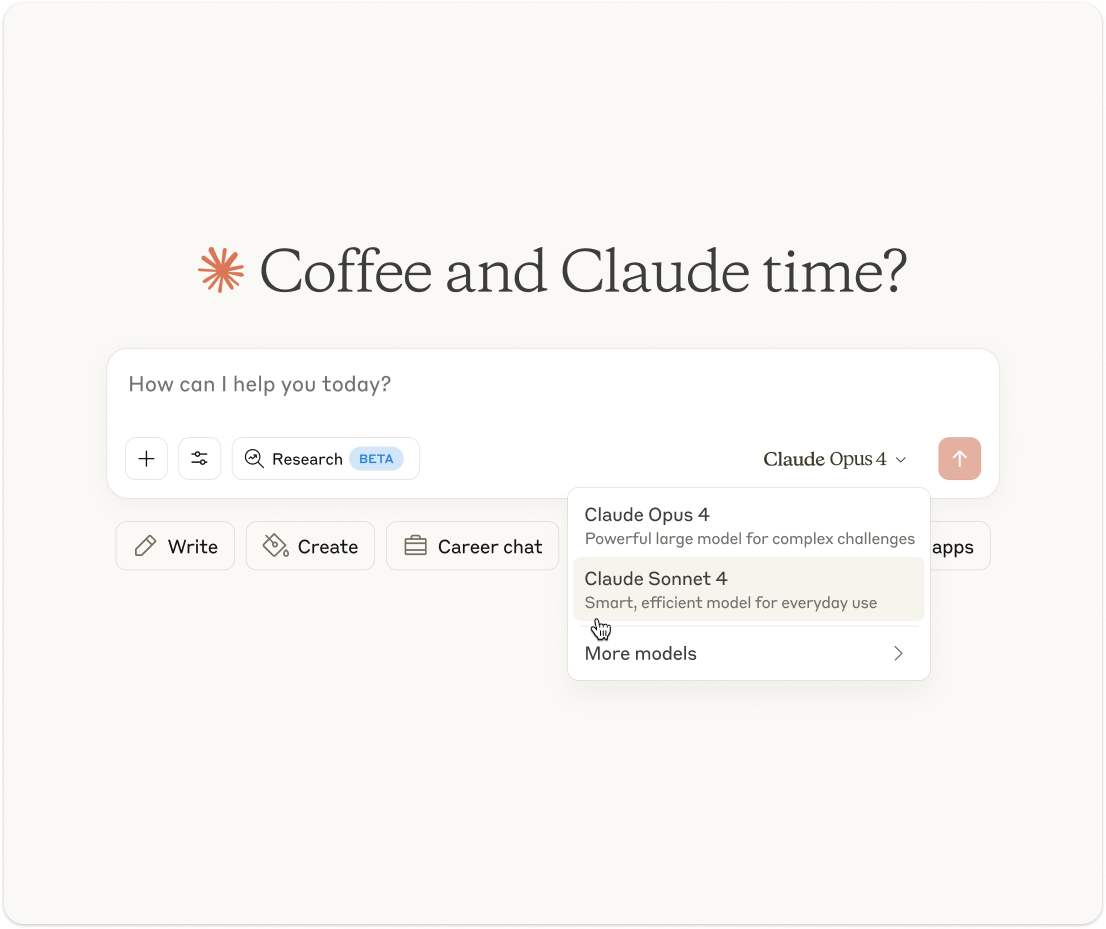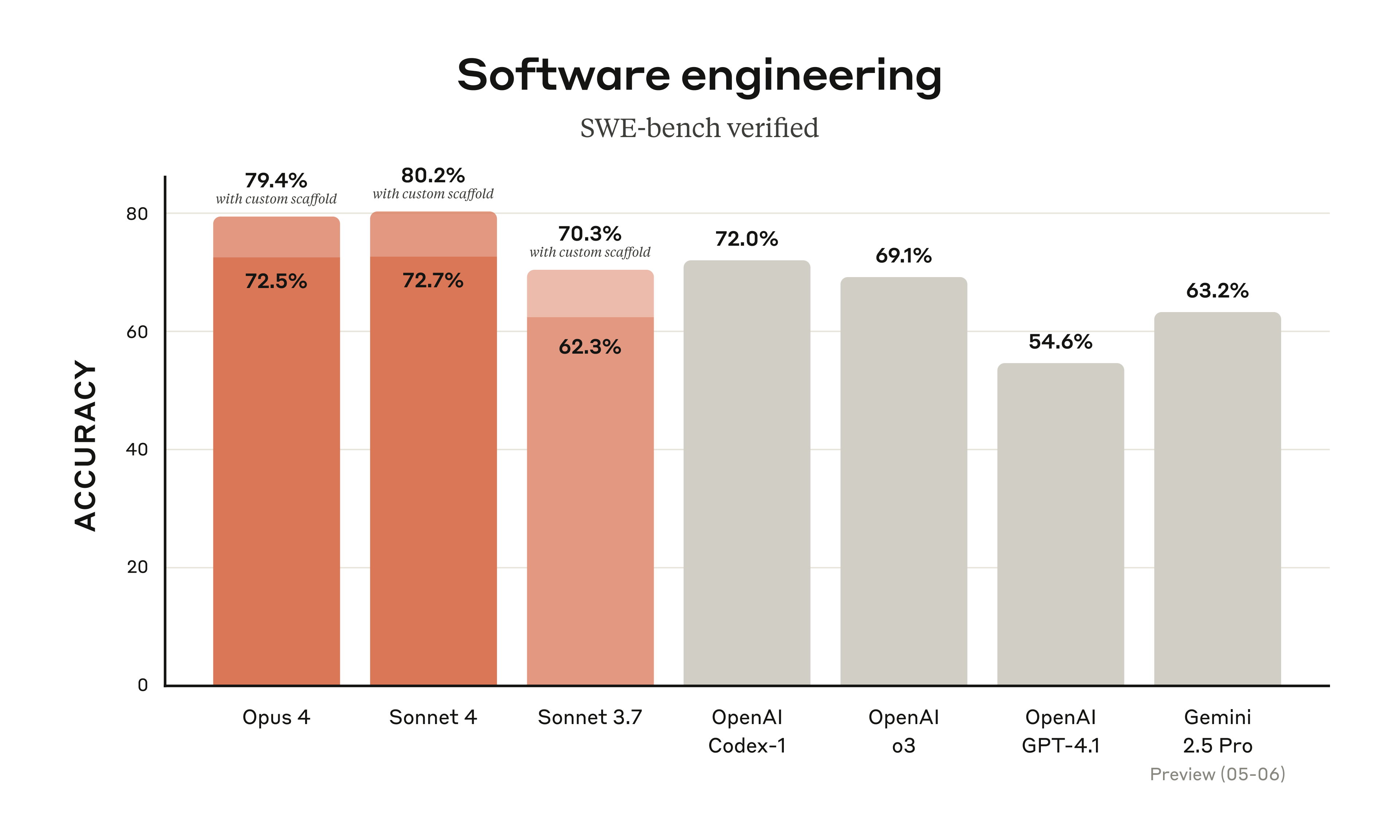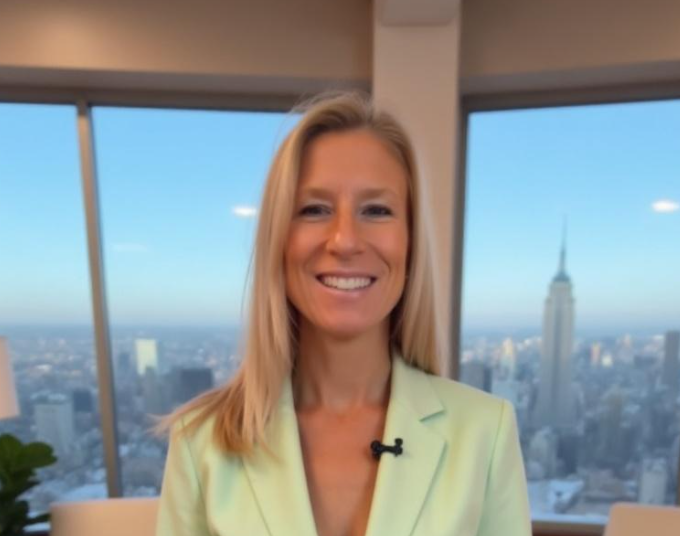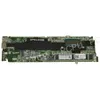Claude Sonnet 4 is here — and it might be the smartest AI assistant yet
The launch includes major upgrades in reasoning, tool use and long-form task support

Here at Tom’s Guide our expert editors are committed to bringing you the best news, reviews and guides to help you stay informed and ahead of the curve!
You are now subscribed
Your newsletter sign-up was successful
Want to add more newsletters?

Daily (Mon-Sun)
Tom's Guide Daily
Sign up to get the latest updates on all of your favorite content! From cutting-edge tech news and the hottest streaming buzz to unbeatable deals on the best products and in-depth reviews, we’ve got you covered.

Weekly on Thursday
Tom's AI Guide
Be AI savvy with your weekly newsletter summing up all the biggest AI news you need to know. Plus, analysis from our AI editor and tips on how to use the latest AI tools!

Weekly on Friday
Tom's iGuide
Unlock the vast world of Apple news straight to your inbox. With coverage on everything from exciting product launches to essential software updates, this is your go-to source for the latest updates on all the best Apple content.

Weekly on Monday
Tom's Streaming Guide
Our weekly newsletter is expertly crafted to immerse you in the world of streaming. Stay updated on the latest releases and our top recommendations across your favorite streaming platforms.
Join the club
Get full access to premium articles, exclusive features and a growing list of member rewards.
Anthropic has announced the release of its latest AI models, Claude Opus 4 and Claude Sonnet 4, which aim to support a wider range of professional and academic tasks beyond code generation.
According to Anthropic, Claude Opus 4 is optimized for extended, focused sessions that involve complex reasoning, context retention and tool use.
Internal testing suggests it can operate autonomously for up to seven hours, making it suitable for tasks that require sustained attention, such as project planning, document analysis and research.
Claude Sonnet 4, which replaces Claude 3.7 Sonnet, is designed to offer faster response times while improving on reasoning, instruction following, and natural language fluency.
It is positioned as a more lightweight assistant for users who need quick, accurate output across writing, marketing, and education workflows.
Key updates in Claude 4

Claude 4 introduces a hybrid reasoning system that allows users to toggle between rapid responses for simple queries and slower, more deliberate processing for in-depth tasks such as writing reports, reviewing documents or comparing research findings.
Both models also support dynamic tool use — including web search, code execution and file analysis — during extended reasoning, allowing for real-time data integration.
Get instant access to breaking news, the hottest reviews, great deals and helpful tips.
Notable upgrades include:
Improved memory: Claude can now remember and reference information across a session when permitted to access local files.
Parallel tool use: The model can multitask across different tools and inputs.
More accurate prompt handling: Claude better understands nuanced instructions, improving consistency for tasks like writing and planning.
Developer tools: Claude Code SDK continues to offer features for programming tasks, now positioned within a broader productivity suite.
Summarized reasoning: Instead of displaying raw output logs, users see clean, accessible summaries of the model’s decision-making process.
Performance and comparisons

Anthropic reports that Claude Opus 4 scored 72.5% on the SWE-bench Verified coding benchmark, but the model’s focus extends beyond programming. Improvements in long-form writing, structured analysis, and overall task execution suggest it is designed as a general-purpose AI assistant.
Early benchmarks suggest Claude 4 outperforms OpenAI’s GPT-4.1 and Google’s Gemini 1.5 Pro in specific enterprise scenarios, particularly in factual consistency and reliability.
A broader push for utility
Claude 4 appears to be targeting users across multiple fields, including knowledge workers, writers, researchers and students. With support for extended memory, parallel tool use and improved contextual understanding, the new models are intended to function more like collaborative digital assistants than traditional chatbots.
We've started putting Claude 4 through its paces, so stay tuned for our hands-on tests.
More from Tom's Guide
- I put ChatGPT, Gemini and Claude through the same job interview — here’s who got hired
- The only 5 prompt types you need to master ChatGPT (and any other chatbot)
- DeepSeek wrote the prompts, ChatGPT created the images — and I'm obsessed with the teamwork

Amanda Caswell is an award-winning journalist, bestselling YA author, and one of today’s leading voices in AI and technology. A celebrated contributor to various news outlets, her sharp insights and relatable storytelling have earned her a loyal readership. Amanda’s work has been recognized with prestigious honors, including outstanding contribution to media.
Known for her ability to bring clarity to even the most complex topics, Amanda seamlessly blends innovation and creativity, inspiring readers to embrace the power of AI and emerging technologies. As a certified prompt engineer, she continues to push the boundaries of how humans and AI can work together.
Beyond her journalism career, Amanda is a long-distance runner and mom of three. She lives in New Jersey.
You must confirm your public display name before commenting
Please logout and then login again, you will then be prompted to enter your display name.
 Club Benefits
Club Benefits




















